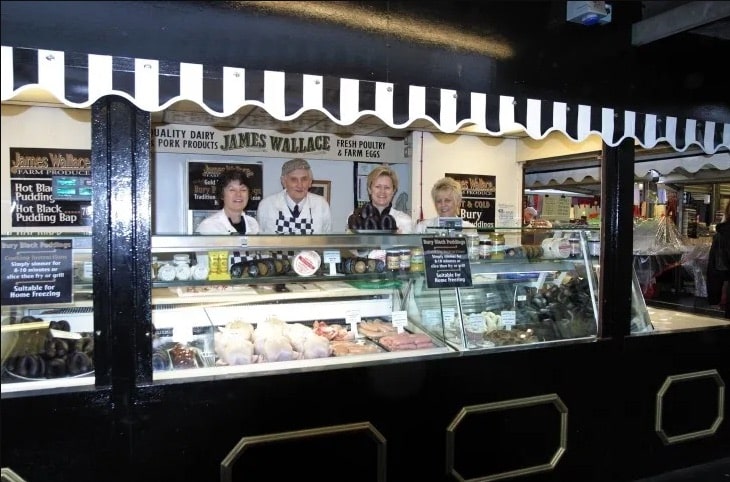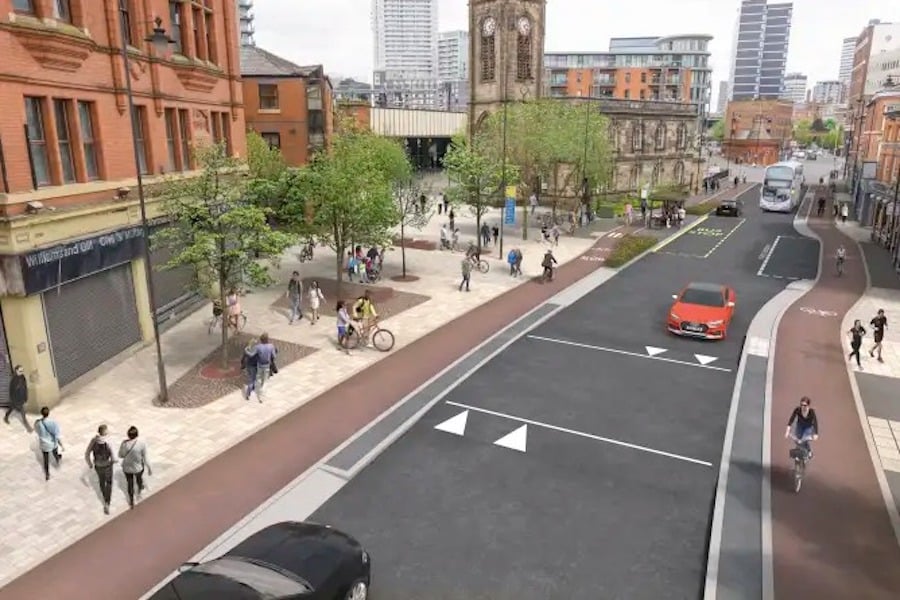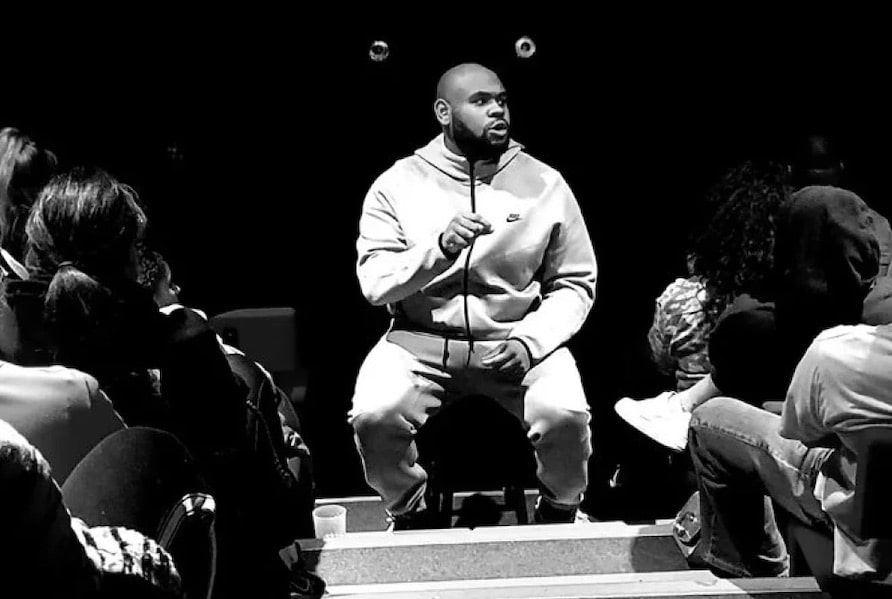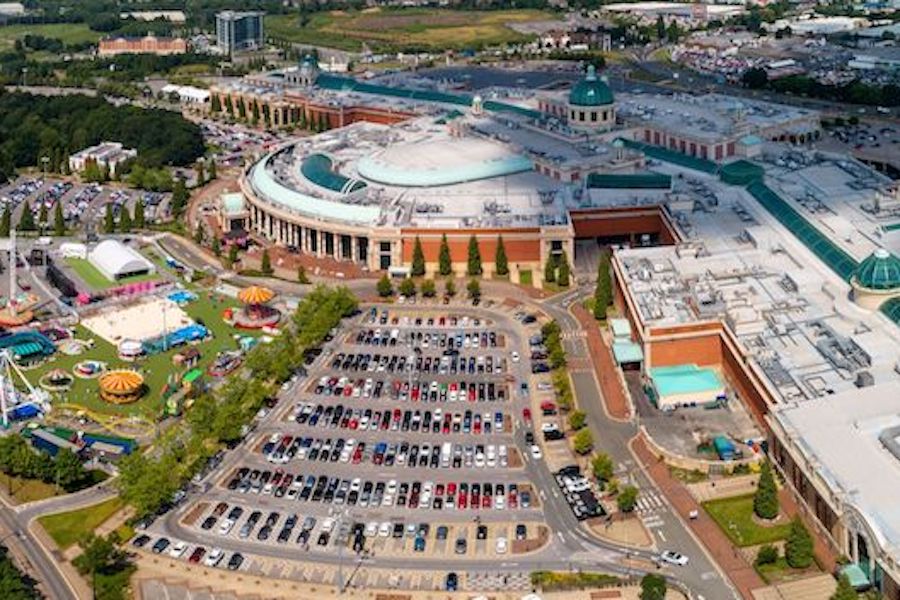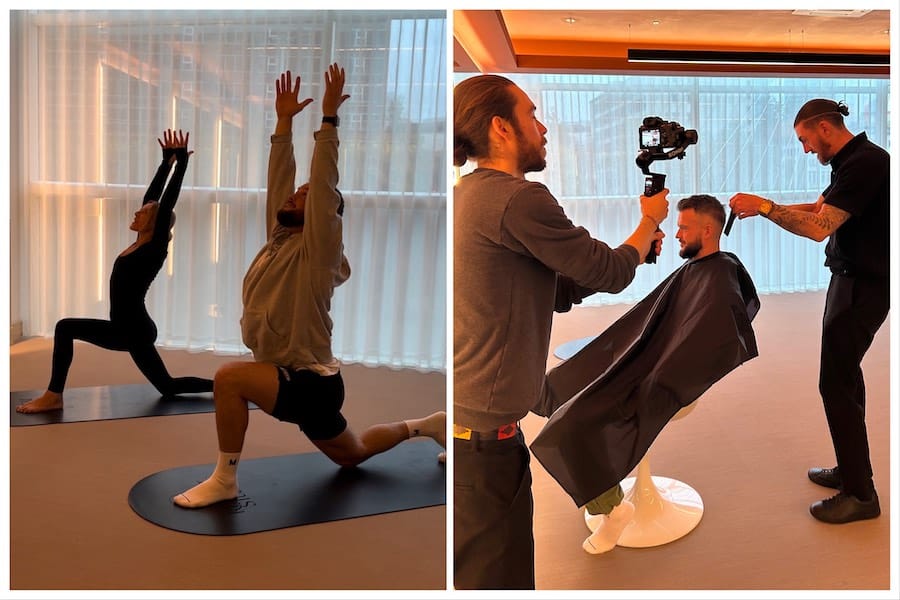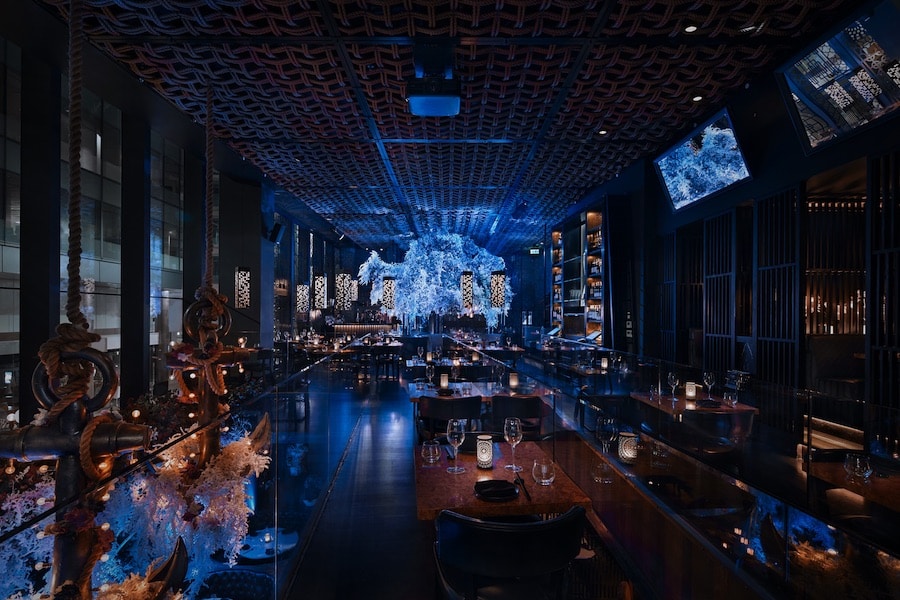Roots, rock, reggae! New exhibition in Hulme celebrates Rock Against Racism
- Written by Dave Haslam
- Last updated 6 years ago
- City of Manchester, Culture, History, Music
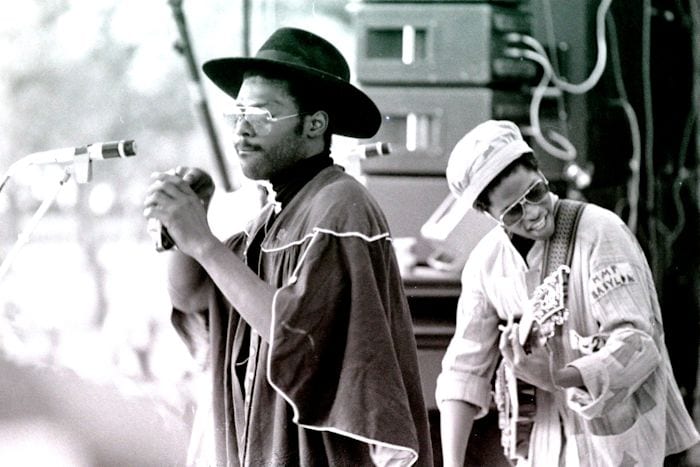
An exhibition of photos, fliers, and posters at Niamos in Hulme celebrates a day in July 1978 when forty thousand people gathered in Alexandra Park for a major anti-racism event headlined by Buzzcocks and Steel Pulse.
We Are Dynamite certainly captures the passion of that day forty years ago but also triggers memories of the music at the time, and raises questions about music and politics in 2018.
In that era, reggae – including British-based acts like Steel Pulse – had a high profile and great influence. And a conspicuous alliance was forged between reggae and punk, harnessed by the campaigning group Rock Against Racism.
The second half of the 1970s was a boom time – perhaps the best time – for reggae. Central to this was the genius of Bob Marley and other performers with a big influence, Burning Spear and Augustus Pablo among them.
In Britain, we’d had several homegrown acts – including the Cimarons and Matumbi – but then others emerged; Steel Pulse, Aswad, Linton Kwesi Johnson, and Misty In Roots.
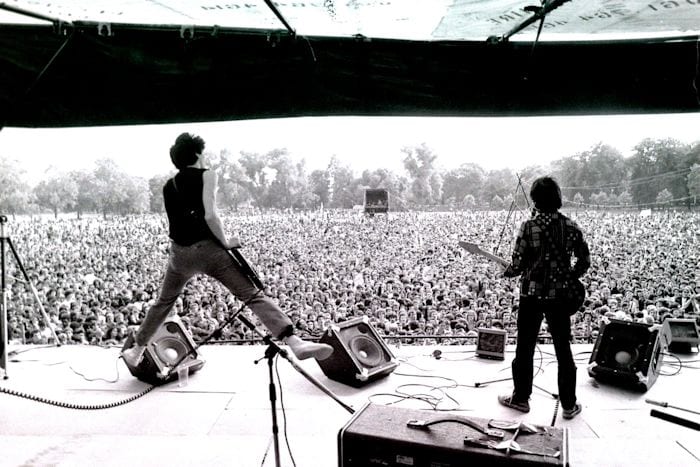
The most vital sound in reggae was “roots” reggae – bass-heavy songs with ‘conscious’, spiritual and political messages, many reflecting a surge in interest in Rastafarianism.
The Rasta enemy was Babylon, the system of oppression. “The world has made being black a crime,” the influential Jamaican activist Marcus Garvey wrote. “I hope to make it a virtue.”
The two most well-regarded Manchester reggae acts of the era were probably X-O-Dus and Harlem Spirit. Both had a strong political element.
In 1979, Factory Records recorded songs by X-O-Dus including English Black Boys, which was finally released in April 1980 after many delays. Around the same time, Harlem Spirit released the single Dem A Sus (In The Moss).
The city was also blessed with some amazing sound systems including Baron Hi-Fi, Lord Cas, Rocket, Count Daddy, and Blacka Bullet.
Roots reggae was conspicuously rebel music, which was one of the appeals to punks, who were otherwise prone to a Stalinist disdain for other genres like disco and older forms of rock.
Several of the leading lights of early 1976 punk – including John Lydon of the Sex Pistols and Paul Simonon of the Clash – were dedicated fans of reggae. The Clash covered Junior Murvin’s Police & Thieves on their first album.
Rock Against Racism’s founders had no direct link to the punk scene but were quick to see that the music would give it an injection of youthful street energy. An onstage mix of punk and reggae would make an impact.
In May 1977, Rock Against Racism published its own magazine, Temporary Hoarding, complete with the organisation’s first manifesto. “We want Rebel music, street music,” it declared, “music that breaks down people’s fear of one another. Crisis music. Now music. Music that knows who the real enemy is.”
Rock Against Racism wasn’t just about big events. One of their most successful strategies to spread the word was to encourage and empower local activists to host small concerts. This chimed neatly with the D-I-Y spirit of the times.
There were hundreds of Rock Against Racism events in 1978, from Aberystwyth to Leeds. But it was the carnivals that caught the headlines.
In April 1978, RAR staged a huge event in Victoria Park, Hackney headlined by the Clash, Steel Pulse and X-Ray Spex. Three months later, forty thousand Mancunians gathered in Alexandra Park.
By this time, as well as punk and reggae sharing the stage, a music mix was brewing. Punk-born bands like the Clash, the Slits, and the Ruts were beautifully incorporating the sonics of reggae into their music.
When Rock Against Racism staged its final carnival, in Leeds in 1981, headliners were the Specials, a band with a sound and attitudes clearly derived from both punk and reggae.
Music has moved on but roots reggae has never disappeared from Manchester. More soundsystems were established in the early 1980s, many of them still playing out in 2018; including Freedom Masses.
Today, ska, roots, dub, dancehall and all kinds of reggae can still be heard in venues in the city. Just next month Eek A Mouse comes to Band on the Wall, with support from local DJ Mikey Don.
In addition, reggae and dub influences abound in contemporary urban music, especially genres like grime and dubstep, and the multiple offshoots of trip hop.
So much for the music forty years later. But what about the politics? We Are Dynamite provokes reflection on the resurgence of racism, and ethnic and religious conflict across the world in our current era.
In the 1930s, anti-racist activists disrupted Oswald Mosley’s attempts to establish his British Union of Fascists in Manchester. Forty years ago, thousands mobilized under the Rock Against Racism banner.
Manchester has strong traditions of anti-racism campaigning, but it’s clear that every generation has to work to renew that impulse.
We Are Dynamite is open every day until Saturday 22 September 2018, 10am-7pm,
at Niamos (former Nia Centre), Chichester Road, Manchester M15 5UP.
Eek A Mouse comes to Band on the Wall on October 4th with support from DJ Mikey Don.
- This article was last updated 6 years ago.
- It was first published on 17 September 2018 and is subject to be updated from time to time. Please refresh or return to see the latest version.
Did we miss something? Let us know: [email protected]
Want to be the first to receive all the latest news stories, what’s on and events from the heart of Manchester? Sign up here.
Manchester is a successful city, but many people suffer. I Love Manchester helps raise awareness and funds to help improve the lives and prospects of people across Greater Manchester – and we can’t do it without your help. So please support us with what you can so we can continue to spread the love. Thank you in advance!
An email you’ll love. Subscribe to our newsletter to get the latest news stories delivered direct to your inbox.
Got a story worth sharing?
What’s the story? We are all ears when it comes to positive news and inspiring stories. You can send story ideas to [email protected]
While we can’t guarantee to publish everything, we will always consider any enquiry or idea that promotes:
- Independent new openings
- Human interest
- Not-for-profit organisations
- Community Interest Companies (CiCs) and projects
- Charities and charitable initiatives
- Affordability and offers saving people over 20%
For anything else, don’t hesitate to get in touch with us about advertorials (from £350+VAT) and advertising opportunities: [email protected]
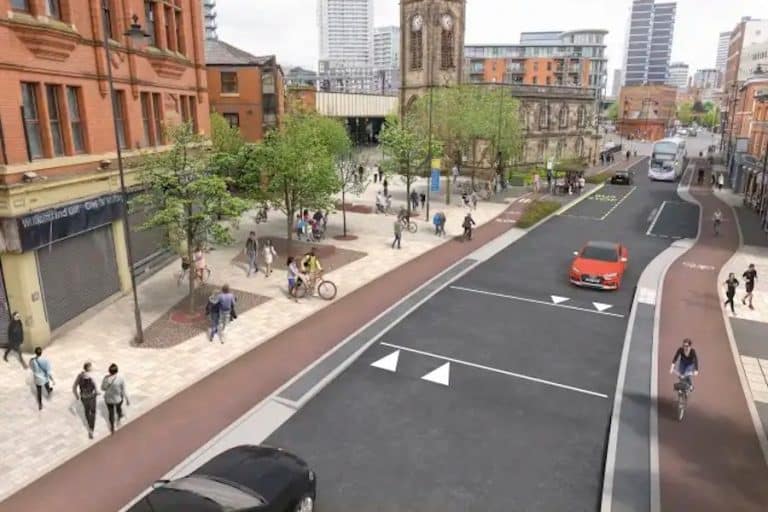
Chapel Street improvement plan to ‘rebalance the space in favour of pedestrians and cyclists’’
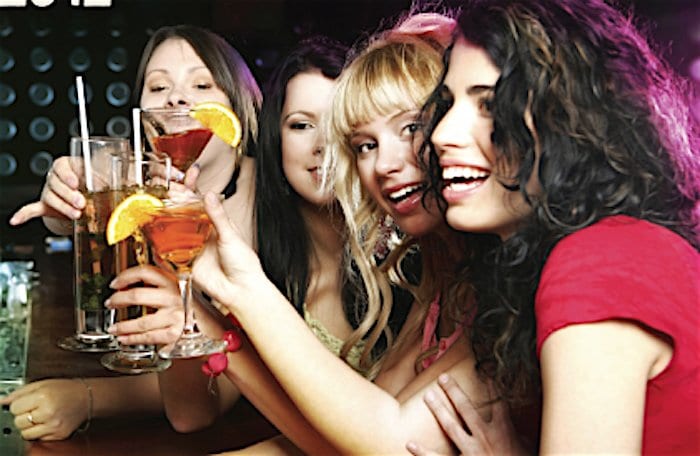
Skip the soppy stuff! The ultimate guide to celebrating friendship this Galentines Day
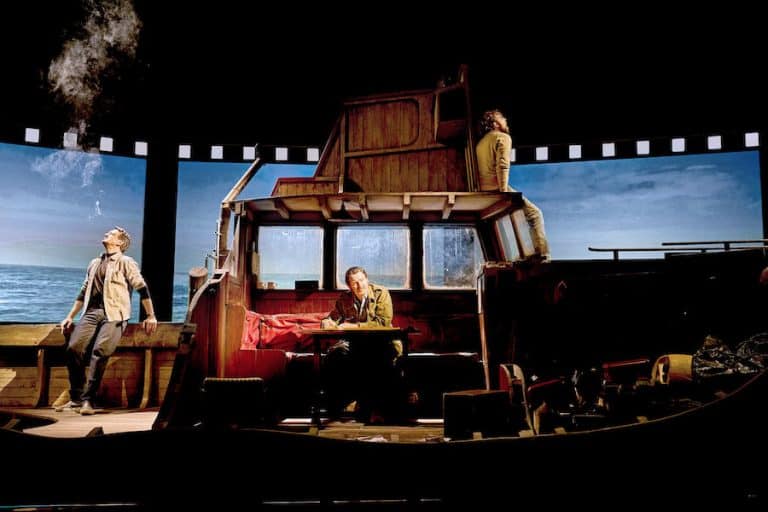
Review: The Shark is Broken at LOWRY is full of ‘humour, nostalgia and wit’
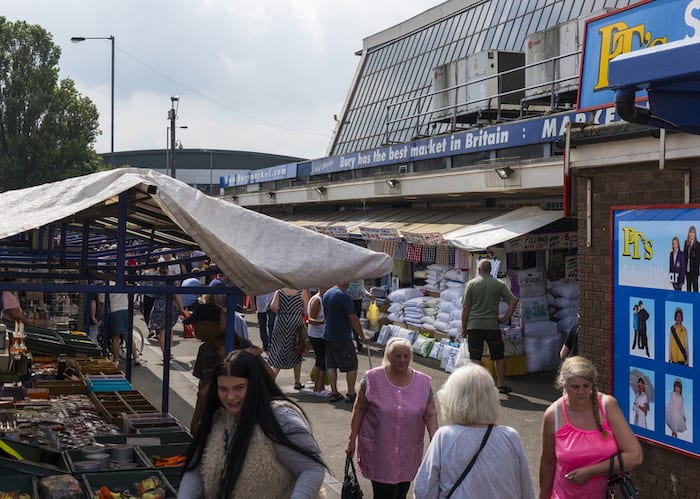
This is the place: Bury has the best market in Britain but what else has it got going for it?
